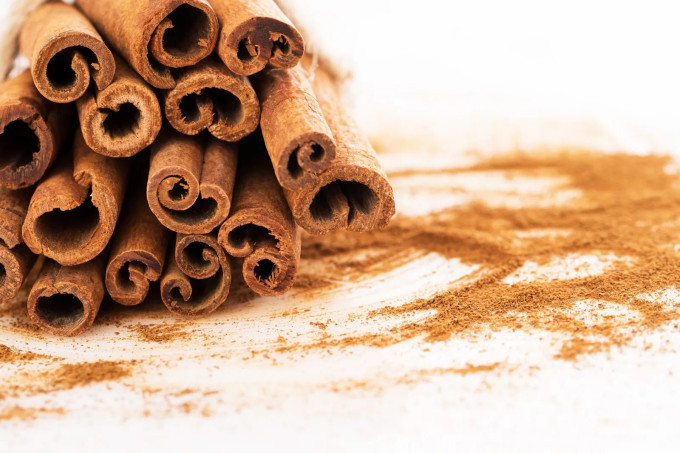Spicing up skincare: Can cinnamon treat acne? Here’s what dermatologists have to say
Does cinnamon help treat acne?
The most commonly available type of cinnamon is Ceylon cinnamon, known for its antibacterial and antioxidant properties. When used in small amounts, it is safe for skin application, according to Dr Shweta Manchanda, consultant dermatologist at Aakash Healthcare, New Delhi.
“Cinnamon contains compounds like cinnamaldehyde, which have been shown to exhibit antibacterial effects, potentially helping to combat the bacteria that contribute to acne development. Additionally, cinnamon may have anti-inflammatory properties, helping to reduce redness and swelling associated with acne,” said Dr. Avinash Jadhav, consultant dermatologist at Ruby Hall Clinic, Hinjawadi.

Combinations to try
“Try not to make a paste with powdered cinnamon alone. Instead, use a carrier like honey; mix two-three tablespoons of honey with one teaspoon of cinnamon. Honey is a humectant that moisturizes the skin and prevents further irritation,” said Dr Manchanda. She also suggested mixing cinnamon with yogurt, as the lactic acid in yogurt acts as an exfoliant.
 The cinnamon that is popularly available is called Ceylon cinnamon, and it has antibacterial as well as antioxidant properties (Source: Freepik)
The cinnamon that is popularly available is called Ceylon cinnamon, and it has antibacterial as well as antioxidant properties (Source: Freepik)
Are there health risks to be wary of?
“Before using cinnamon on your skin, it’s essential to perform a patch test to check for any adverse reactions. Simply apply a small amount of diluted cinnamon to a small area of your skin and wait for 24 hours to see if any irritation occurs,” said Dr Jadhav.
Dr Manchanda advised caution when using cinnamon extract-based essential oils, as they are typically much more concentrated than powdered cinnamon. “They can be particularly harsh on the skin and may cause a burning sensation or marks for some individuals,” she said.
Dr Jadhav recommended diluting cinnamon with a carrier oil and performing a patch test before applying it to larger areas of the skin. He warns against applying undiluted cinnamon. In case of discomfort, redness, or itching, he suggested refraining from using cinnamon directly on the skin and consulting a dermatologist for further guidance.
Disclaimer: The copyright of this article belongs to the original author. Reposting this article is solely for the purpose of information dissemination and does not constitute any investment advice. If there is any infringement, please contact us immediately. We will make corrections or deletions as necessary. Thank you.
